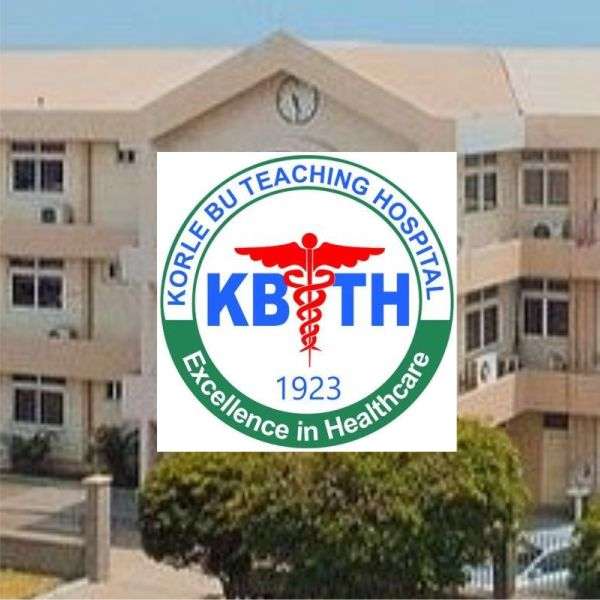In a bold move that has sent shockwaves through the healthcare sector of Ghana, the Electricity Company of Ghana has issued a notice to 91 hospitals in various parts of the country threatening to disconnect them from the national grid should they default to settle their debt within 72 hours.
While the decision if carried out without doubt poses a significant threat to the provision of critical healthcare services to citizens in the country, the Electricity Company of Ghana posited that it is part of a broader effort to recover funds owed by customers, as similar situations have recently affected institutions like Accra Academy, Parliament, and the Accra Sports Stadium.
The affected health facilities are spread throughout the country, including prominent institutions such as Korle Bu Teaching Hospital, Ho Teaching Hospital, 37 Military Hospital, Ridge Hospital, Komfo Anokye, and Manhyia Government Hospitals among many others.
A Research fellow at the Center for Democratic Development (CDD-Ghana), Dr Kwame Asiedu Sarpong reacting to the news described it as a strategic move.
He noted that even though the Electricity Company of Ghana’s decision to disconnect the various health facilities could disrupt critical health services, it is also a pragmatic move by the company to compel its stakeholders including the government to address the debt crisis plaguing the country’s power sector.
Dr Asiedu Sarpong further recounted that the Electricity Company of Ghana needs money to pay the debt it owes the various power producers including the Independent Power Producers to sustain operations.
“If I were the boss of ECG, I would take the route that would bring everybody including the President to the table. Congratulations to the ECG, it might be a painful pill to take but I think if this was a game of chess, the ECG would have made a strategic checkmate”.
Dr Kwame Asiedu Sarpong
He also highlighted that the ultimatum serves as a potent tool to bring political leaders to the negotiating table, underscoring the urgency of addressing the debt burden of the Electricity Company of Ghana.

ECG’s 72-Hours Ultimatum Receives Condemnation
Meanwhile, the General Secretary of the Ghana Medical Association (GMA), Dr Richard Selormey, has criticized the Electricity Company of Ghana (ECG) for its stringent 72-hour ultimatum to 91 hospitals cautioning them to settle their outstanding bills or risk being disconnected.
Dr Selormey strongly asserted that the 72-hour ultimatum given to the various hospitals for them to repay their debt to the Electricity Company of Ghana or else face disconnection is woefully insufficient and impractical, especially considering the financial constraints faced by healthcare facilities in the country.
He further questioned the motive behind the Electricity Company of Ghana targeting the health sector, whose total debt only contributes only 4.5% to ECG’s total debt.
“ECG needs to be realistic, the health facilities cannot pay the debt within the three-day ultimatum they have been given, and if they are going to disconnect, then they would have to disconnect all the facilities and we will all sit and watch what the government does”.
Dr Richard Selormey
It is important to state that the discourse surrounding ECG’s ultimatum underscores the complex interplay between fiscal responsibility, service provision, and governmental accountability.
While the immediate repercussions of potential disconnection are daunting, it serves as a poignant reminder of the urgent need for systemic reforms within Ghana’s power sector.
More importantly, the looming threat of disconnection of electricity to the various hospitals serves as a wake-up call for the government to expedite measures aimed at alleviating the debt burden that is plaguing the country’s power sector and ensuring the uninterrupted delivery of essential services like power.
It also prompts the government to reevaluate its policy frameworks, debt management strategies, and stakeholder engagements to foster a sustainable energy ecosystem that safeguards both economic viability and societal well-being.
READ ALSO: Former Auditor-General Cautions Against Auctioning Of Public Positions



















